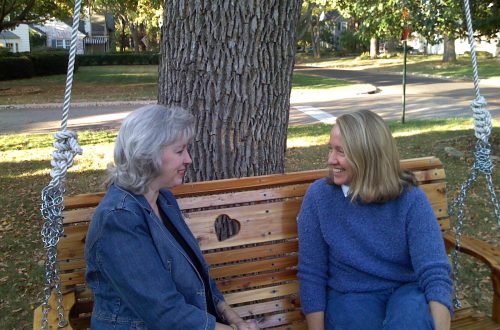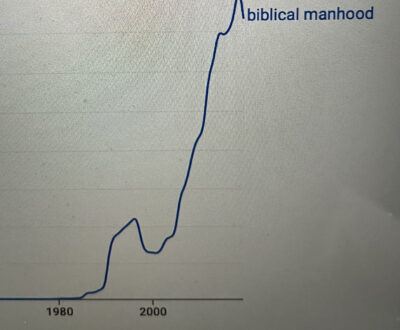
The Cost of Ignoring Injustice
There is a cost when Christians ignore injustice—we suggest to the world that God doesn’t care about those who experience it. When we’re apathetic about the murder of a young African-American man by a pair of white vigilantes, we fail to image God who is just and calls his people to advocate for justice:
Seek good and not evil so you can live!
Then the Lord God of Heaven’s Armies just might be with you,
as you claim he is.
Hate what is wrong, love what is right.
Promote justice at the city gate.
(Amos 5:14–15a)
Take away from me your noisy songs;
I don’t want to hear the music of your stringed instruments.
Justice must flow like torrents of water,
righteous actions like a stream that never dries up.
Amos 5:23-24
For years I was apathetic about the unequal treatment given people unlike me. Like many white Americans, I was convinced that God was on America’s side, never wondering whether we were really on his side.
Products of the Jim Crow South, my parents were advocates of separate-but-equal schools and all-white neighborhoods, defending their views as fair and even biblical. As I got older, I began to wonder how their white supremacism fit our Christian beliefs, and yet I largely dismissed those thoughts—after all, it didn’t affect me. When the Civil Rights Movement of the 60’s made racism impossible to avoid, my doubts were confirmed, but the white privilege that I enjoyed provided me the luxury of apathy. I chose to ignore what I often considered hype. After all, I wasn’t the problem because I wasn’t a racist.
And yet God says to those who claim to be his people, “Hate what is wrong, love what is right. Promote justice at the city gate” Dismissal, apathy and defensiveness don’t work with God.
Over the past few years God has wrought more change in me as I’ve read and studied the Bible, especially the Old Testament. He’s convicted me that I’m guilty of not only ignoring injustice but also failing to show the world a God who loves justice. After all, God is glorified when we speak up for wrongs to be made right and systems to be fixed.
So here I am speaking up in my own small way.
As a life-long white evangelical, I’ve been embarrassed and upset by our overall lack of outrage over the blatant murder and systemic injustice that Arbery’s death so clearly uncovers (no arrest between February 23 and May 7). I so appreciate those who’ve spoken out, but it’s long overdue for us to advocate for justice to “flow like torrents of water” for our African-Americans brothers and sisters. We have much to apologize for.
Conviction requires confession, and so I’m admitting to God, much as Daniel confessed in Daniel 9, that we white American Christians have allowed racism to live in our hearts and churches. I’m admitting to our brothers and sisters that we’ve defended ourselves, saying we aren’t like these murderers, and yet say and do nothing when our friends and neighbors excuse them. Instead of advocating for justice when authorities turn a deaf ear to what is right, we’ve been silent so as not to disturb the peace within our local churches. But that apathy has divided us from our brothers and sisters of color in the larger church. The cost breaks God’s heart.
If this post leaves you feeling sad, defensive, uncomfortable, guilty or angry, consider listening to some of the resources listed in one of my previous posts and learn from those who have experienced injustice.



